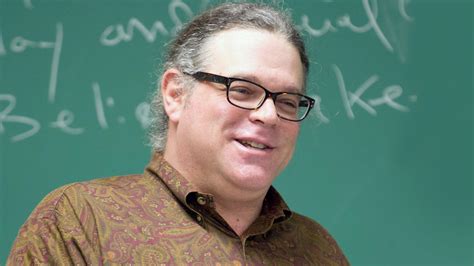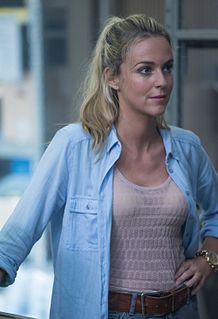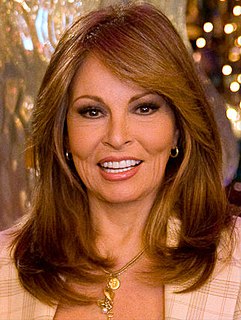A Quote by Andrzej Wajda
At the same time, television theatre became more visibly active.
Related Quotes
To move from a discussion of the early relationship between theatre and television to an examination of the current situation of live performance is to confront the irony that whereas television initially sought to replicate and, implicitly, to replace live theatre, live performance itself has developed since that time toward the replication of the discourse of mediatization.
Television in the 1960s & 70s had just as much dross and the programmes were a lot more tediously patronising than they are now. Memory truncates occasional gems into a glittering skein of brilliance. More television, more channels means more good television and, of course, more bad. The same equation applies to publishing, film and, I expect, sumo wrestling.
I'm doing The Physicists, which is great, and I do have my agent to thank for that because a lot of agents try and talk you out of doing theatre. They don't push theatre because you can make more money doing television, whereas theatre wages are pretty shocking. But it's something I've always been keen to do and have been encouraged to do so, which is nice.
The paparazzi were outside the theatre every single night, but we came up with a cunning ruse. I would wear the same outfit every time - a different T-shirt underneath, but I'd wear the same jacket and zip it up so they couldn't see what I was wearing underneath, and the same hat. So they could take pictures for six months, but it would look like the same day, so they became unpublishable. Which was hilarious, because there's nothing better than seeing paparazzi getting really frustrated.




































